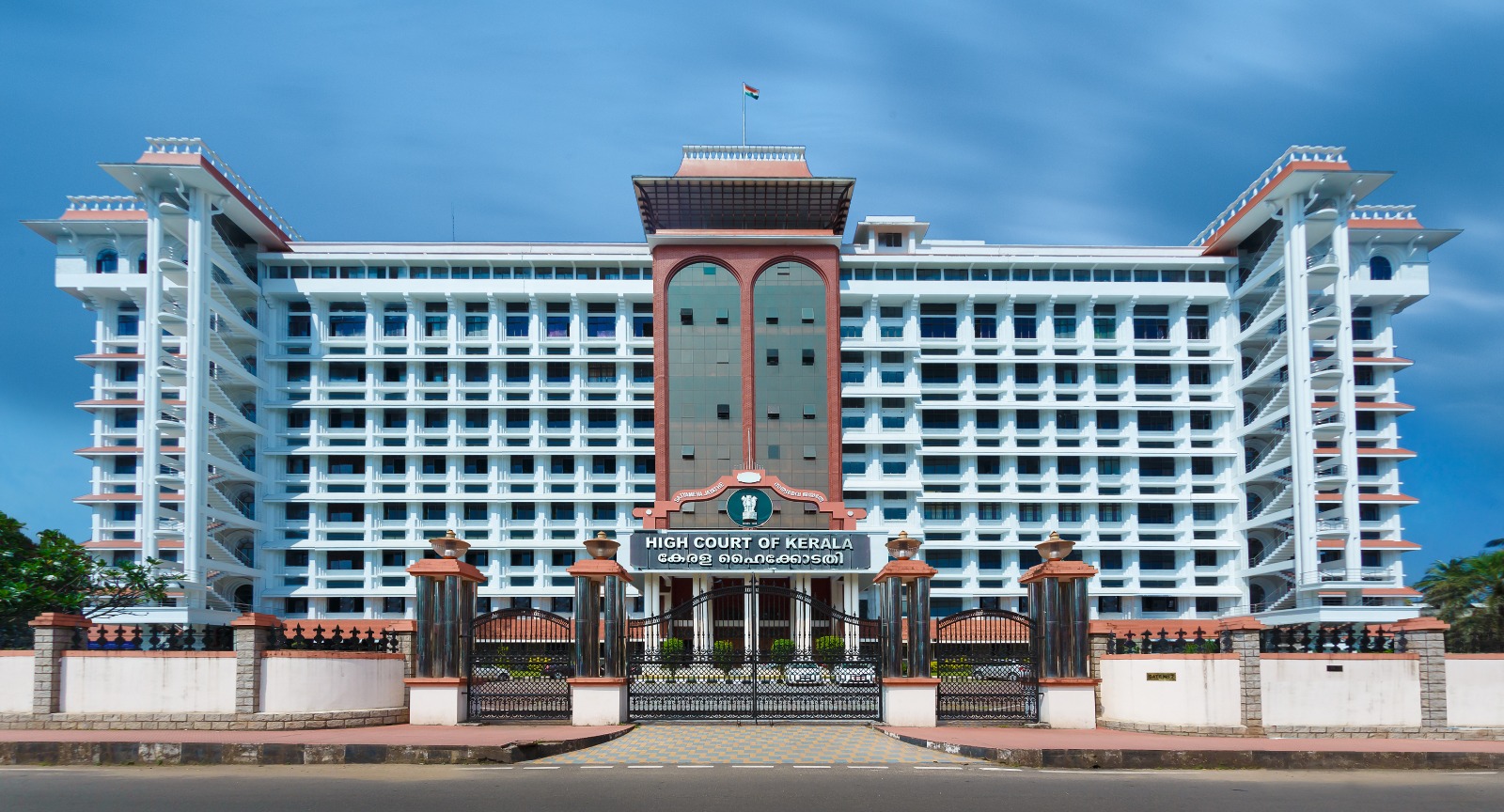Arun Palli, J.@mdashSuit filed by the plaintiff was dismissed by the trial Court vide judgment and decree dated 1.4.2011. Appeal preferred against the said decree failed and was, accordingly, dismissed by the learned 1st Appellate Court, vide judgment and decree dated 6.12.2012. This is how, the plaintiff is before this Court in this Regular Second Appeal. Parties to the lis, hereinafter, would be referred to by their original positions in the suit.
2. In short, in a suit filed by the plaintiff, he prayed for a declaration that release deed/relinquishment deed No. 806/1, executed by defendant No. 1 in favour of defendant No. 2, on 18.9.2001, was void, illegal and not binding on the rights of plaintiff and other co-parceners. Decree for injunction, restraining defendants from interfering in the peaceful joint possession of the plaintiff was also prayed for by way of consequential relief.
3. It was averred that defendant No. 1 i.e. Sarte alias Surta, happened to be the father of plaintiff and defendant No. 2. Suit property was purported to be ancestral in the hands of Sarte alias Surta. It was also maintained that the said deed was never acted upon and, in any case, was not executed by free will and, in fact, was procured by fraud and undue influence. Thus, the suit.
4. Defendants, pleaded, inter alia, that defendant No. 1 was, indeed, the absolute owner in possession of the suit property prior to the execution of the release deed dated 18.9.2001. No other member of the joint Hindu family had any right, title or interest therein. It was maintained that defendant No. 1 had executed a valid relinquishment deed in favour of defendant No. 2. Thus, plaintiff was neither a co-owner nor in possession of the suit property.
5. On an analysis of the matter in issue and the evidence on record, learned trial Court arrived at a conclusion that the revenue record relied upon by the plaintiff showed defendant No. 1 i.e. Sarte alias Surta to be a co-sharer in the suit property along with others, but the record did not suggest that the suit property was ancestral. Once, the property was purported to be ancestral, plaintiff was obligated to prove a pedigree table of the parties along with the necessary revenue record, which could reflect that the suit property was acquired by defendant No. 1 i.e. Sarte from his ancestors. Plaintiff was required to show that, initially, the suit property belonged to their fore-fathers and, subsequently, descended upon Sarte, but no such record was produced to substantiate the said plea. Thus, it was merely an assertion in the plaint which was not corroborated by any proof. That being so, it could not be said that the release deed dated 18.9.2001, executed by defendant No. 1 i.e. Sarte was null and void. Resultantly, the suit was dismissed.
6. Being dissatisfied with the said decree, plaintiff preferred an appeal. Learned 1st Appellate Court reviewed the matter in issue, evidence on record in its entirety and, on an analysis thereof, found itself in concurrence with the view drawn by the learned trial Court and findings recorded in support thereof. It was observed that in the relinquishment deed (Exhibit P-5), it was mentioned that the suit land was joint Hindu ancestral property, but a mere assertion in the said deed was not sufficient in law to characterize the suit property to be ancestral particularly, in the face of sale deed dated 18.7.1956 (Exhibit DA/A) as the said document revealed that land measuring 68 kanals 4 marlas was purchased by defendant No. 1 i.e. Sarte along with his real brother Lal Chand. Concededly, plaintiff in his cross-examination admitted that his uncle Lal Chand had alienated his share in favour of his son (plaintiff''s son); namely, Ashok. That being so, the suit property in the hands of defendant No. 1 was his self acquired property and he had every right in law to alienate the same. Plea that the said deed was procured by fraud and undue influence was also repelled. It was observed that defendant No. 1, who had executed the said deed dated 18.9.2001 (Exhibit P-5) was still alive and, if at all, the said deed was procured by way of fraud or undue influence, only he could assail the same. Further, plaintiff, in his cross-examination, deposed that at the time of execution of the said document, his father (defendant No. 1) was healthy, his eye sight was proper and he was not hard of hearing. That being so, 1st Appellate Court dismissed the appeal.
7. I have heard the learned counsel for the appellant and examined the judgments rendered by both the courts below.
8. Learned counsel for the appellant could not point out or show as to how the findings recorded by both the Courts below were perverse or contrary to the position on record. It stands substantiated on record that the property in the hands of defendant No. 1 i.e. Sarte was his self-acquired property, contrary to the plea set up by the plaintiff. Once, that was so, he had every right to deal with the suit property in the manner he liked. Defendant No. 1 (father of the plaintiff) was alive and, therefore, plaintiff could not question the validity, execution and veracity of the said document.
9. In the wake of the position as set out above and the conclusions that have concurrently been recorded by both the courts below, no ground, least plausible in law, exists to interfere with the decrees being assailed in the present appeal. No question of law, much less any substantial question of law, arises for consideration. Appeal being devoid of merit is, accordingly, dismissed.

